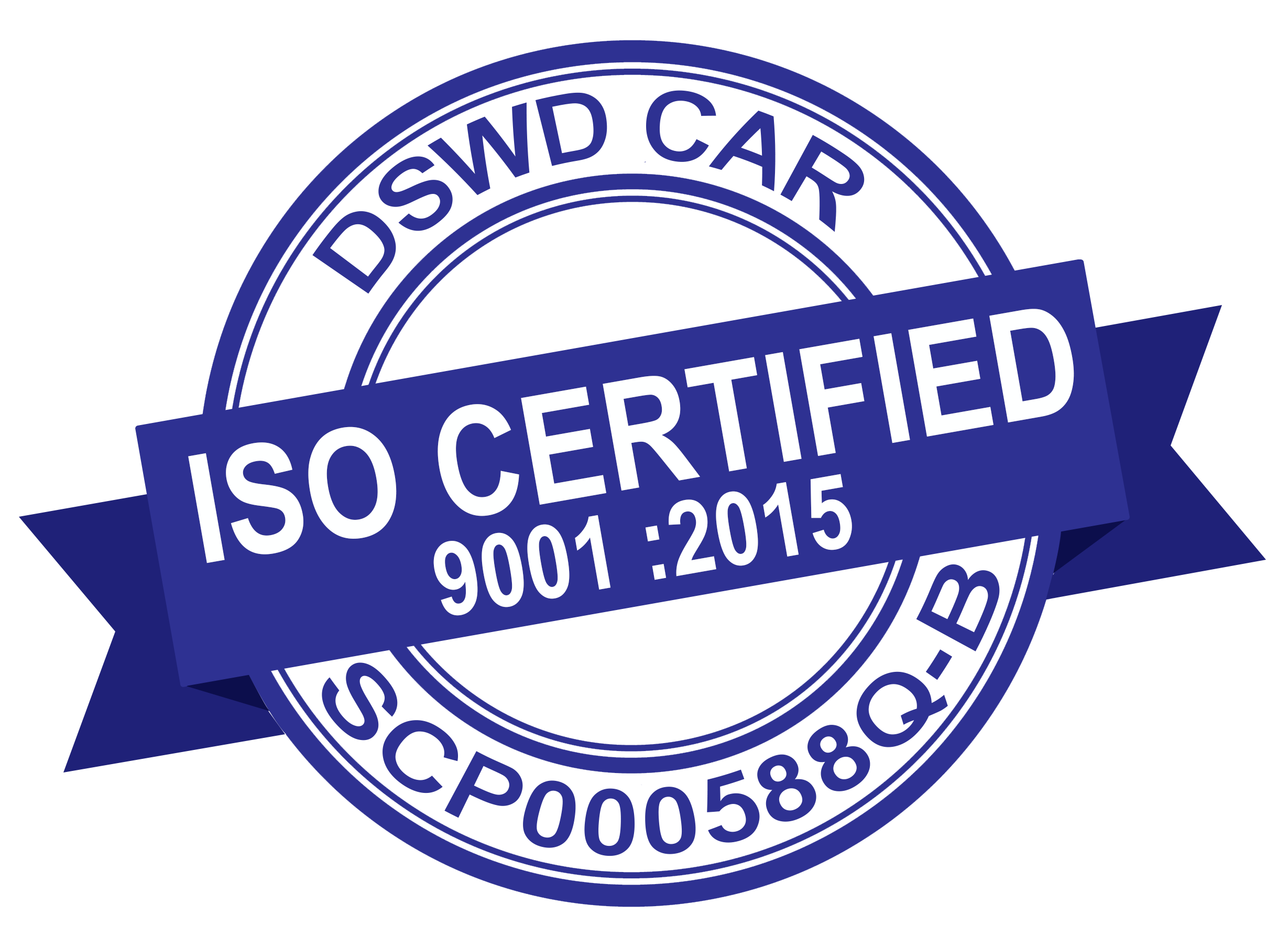Cordillera Administrative Region-The Department of Social Welfare and Development (DSWD) here continues to encourage all local government units of the region to adopt the Yakap Bayan Framework in providing interventions to drug surrenderers. This is in consonance with the resolution approved by the Regional Development Council (RDC) and Cordillera Regional Peace and Order Council (CRPOC) on 15 November 2017. The said resolution was prior recommended by the Regional Social Development Committee (RSDC) chaired by the DSWD.
The Yakap Bayan Framework of intervention is an off-shoot of the Ifugao Reflection Camp which is an indigenous rehabilitation model developed by the Province of Ifugao. It provides part center and part community-based rehabilitation for drug surrenderers. It ensures that culture is integrated into solutions and utilize available resources and programs in the locality. The Yakap Bayan Framework also aims to harmonize all existing government programs, projects, activities to provide a concrete and sustainable system of rehabilitation and continuum of care for former drug users and support measures for the strengthening of families and communities.
“We recognize that drug problem in the region is a multi-faceted challenge that the DSWD alone cannot address. This framework will help us provide a holistic approach in addressing it.” DSWD-CAR OIC- Regional Director Janet P. Armas shared.
Under the Yakap Bayan Framework, drug surrenderers receive various interventions such as medical treatment and rehabilitation, psychosocial interventions, skills training, and leadership training.
As of December 2017, there are around 10,880 drug surrenderers in the Region of which 7,403 drug surrenderers are already provided with interventions under the rehabilitation and reintegration cluster in which they received interventions from various offices and groups including the assessment for Alcohol Smoking and Substance Involvement Screening Test and Drug Dependency Examination
“We are currently accounting the interventions provided to around 30% of our drug surrenderers since it is not only the National Government that provide interventions to them. We also have non-government organizations, peoples’ organizations, academe and other groups that assist them”, Dir. Armas added.
Around 3,890 drug surrenderers are undergoing community-based rehabilitation while 2,227 have already finished such. Community-based rehabilitation is spearheaded by the respective local government units with the assistance of national government agencies and other stakeholders.
Aside from the interventions, Armas highlighted the importance of family and community participation in the full rehabilitation of the drug surrenderers. “Their families and the communities play an important role in this endeavor because they provide are the ones who can provide support and after-care to our drug surrenderers after the provision of center-based services.”, Armas said.
“Helping them is not the responsibility of the Government alone. Regardless of our organization, cultural, political or religious affiliation, we can contribute in helping our Cordilleran brothers and sisters who are suffering because of illegal drugs.”, Armas added.
Among the interventions needed by the drug surrenderers include health and spiritual services, personality enhancement, and livelihood assistance. Individuals or groups interested to provide these interventions may directly coordinate with their respective Local Government Units or call (074) 444-32-62 and look for Ms. Carol Habawel of DSWD-CAR Crisis Intervention Section. # DSWD-CAR, Social Marketing Unit, Nerizza Faye G. Villanueva




